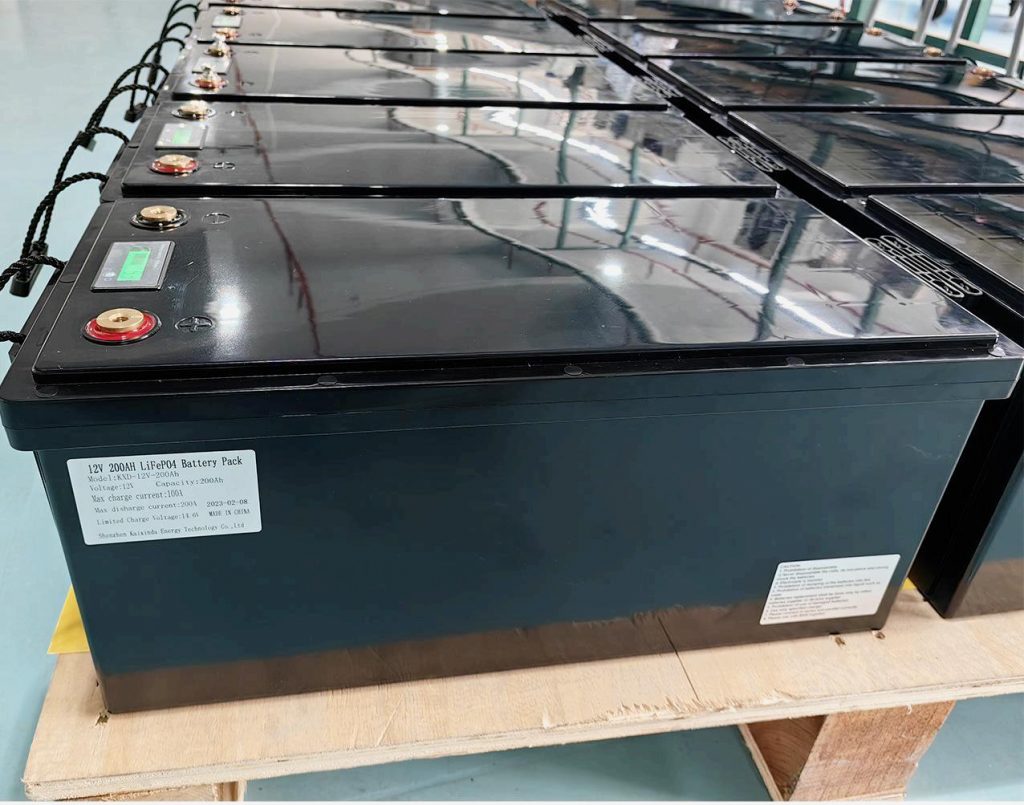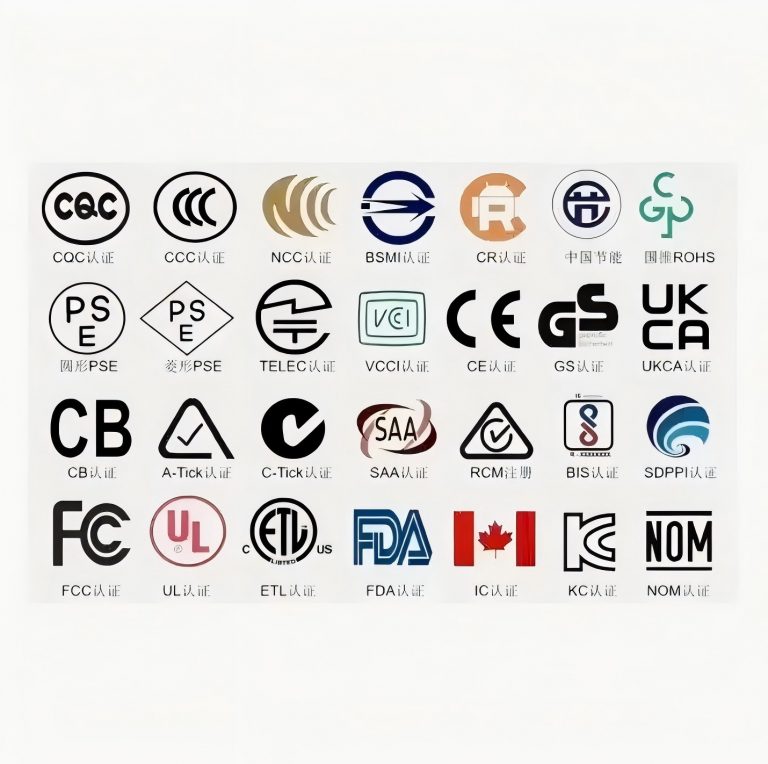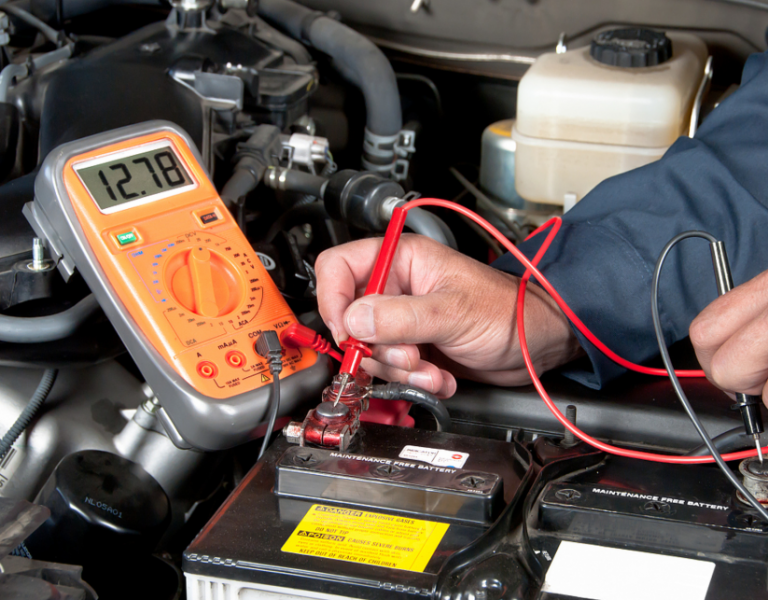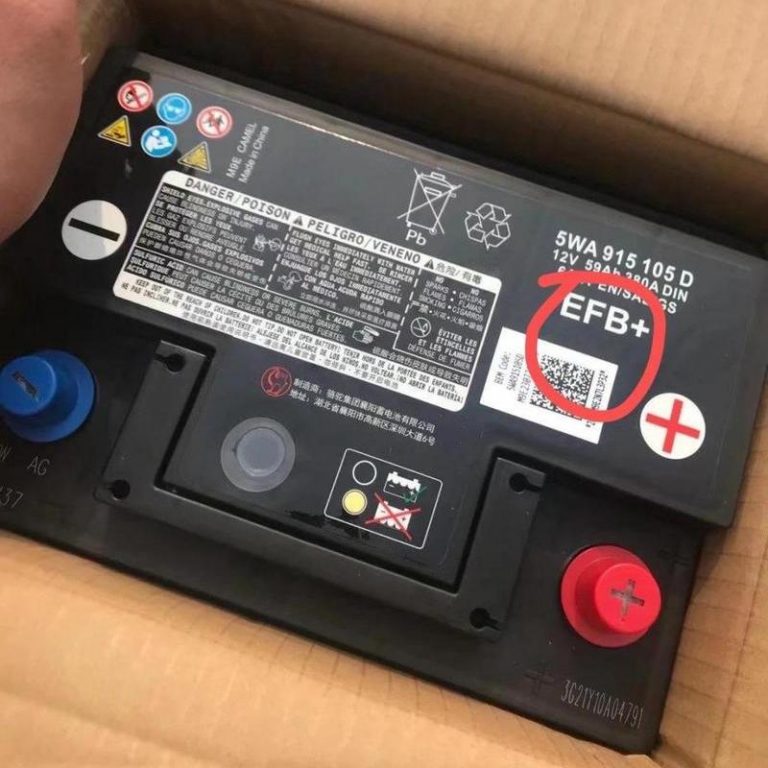How Much Does a Car Battery Weigh? Full Chart of 20 Most Common Models
Whether you’re replacing a battery, calculating shipping costs, or comparing different models, knowing the weight of a car battery is essential. Car batteries come in a wide range of types and sizes, depending on the vehicle class, battery group standard, and application type (such as starting vs. deep-cycle, AGM vs. flooded, etc.).
Here we provide a comprehensive lookup table to answer the question: “How much does a car battery weigh?”
Overview: Key Factors That Affect “Car Battery Weigh”
| Factor | Impact on Weight |
|---|---|
| Tipo de bateria | AGM > Flooded > EFB > Lithium |
| Group Size (e.g. 24F) | Bigger group = heavier battery |
| Application | Deep-cycle and dual-purpose batteries are heavier |
| Amplificadores de partida a frio (CCA) | Higher CCA usually = more lead = more weight |
| Reserve Capacity (RC) | Indicates how long the battery provides power when idle |

🌍 Global Battery Standards & Group Systems
| Standard | Region | Descrição |
|---|---|---|
| BCI (Group Size) | USA, Canada, Mexico | e.g., Group 24F, 35, 27, 31, 94R |
| DIN/EN | Europe | e.g. H4 (L2), H5 (L3), H6 (L4), H7 (L5) |
| JIS | Japan, SE Asia | e.g. 46B24L, 55D23L, 80D26L, 95D31L |
| IS (India) | India | Similar to JIS; e.g. DIN44, DIN55, DIN65 |
Car Battery Weigh Chart by Group, Standard & Type
| Battery Group / Modelo | Standard | Common Applications | Type | Voltagem | Capacidade (Ah) | Weight (kg/lbs) |
|---|---|---|---|---|---|---|
| Group 24F | BCI (US) | Toyota Camry, Honda Accord | Flooded / AGM | 12V | 60–70 Ah | 18–21 kg / 40–46 lbs |
| Group 35 | BCI (US) | Nissan Sentra, Toyota Vios | Flooded / AGM | 12V | 45–55 Ah | 14–18 kg / 31–40 lbs |
| Group 51R | BCI (US) | Honda Fit, Mazda 2 | Flooded | 12V | 35–45 Ah | 11–14 kg / 24–31 lbs |
| Group 94R / H7 | BCI / RUÍDO | BMW X5, Audi A6, VW Passat | AGM | 12V | 80–95 Ah | 24–27 kg / 52–60 lbs |
| Group 65 | BCI (US) | Ford F-150, Dodge Ram | Flooded / AGM | 12V | 75–90 Ah | 24–27 kg / 52–60 lbs |
| Group 78 | BCI (US) | Chevrolet Silverado | Flooded / AGM | 12V | 70–80 Ah | 20–24 kg / 44–53 lbs |
| Group 49 / H8 / L5 | BCI / RUÍDO | Mercedes-Benz GLS, BMW 7 Series | AGM | 12V | 95–105 Ah | 27–30 kg / 59–66 lbs |
| Group 31 (Deep Cycle) | BCI (US) | Trucks, RVs, Marine | Flooded / AGM | 12V | 95–105 Ah | 28–32 kg / 61–70 lbs |
| H4 / L2 / DIN55 | RUÍDO (EU) | VW Golf, Peugeot, Renault | Flooded / EFB | 12V | 55–60 Ah | 17–19 kg / 37–42 lbs |
| H5 / L3 / DIN66 | RUÍDO (EU) | Audi A4, BMW 3 Series | AGM / EFB | 12V | 66–70 Ah | 18–22 kg / 40–49 lbs |
| H6 / L4 / DIN77 | RUÍDO (EU) | Ford Focus, Opel Insignia | AGM / EFB | 12V | 70–80 Ah | 21–25 kg / 46–55 lbs |
| H9 / L6 | RUÍDO (EU) | BMW X7, large SUVs | AGM | 12V | 105–110 Ah | 31–35 kg / 68–77 lbs |
| 44B19L / R | JIS (Japan) | Toyota Yaris, Suzuki Alto | Flooded / AGM | 12V | 36–44 Ah | 10–12.5 kg / 22–28 lbs |
| 46B24L / R | JIS (Japan) | Toyota Prius 12V Auxiliary | AGM | 12V | 45 Ah | 11–13 kg / 24–29 lbs |
| 55D23L / R | JIS (Japan) | Toyota Hilux, Nissan Navara | Flooded / AGM | 12V | 55–65 Ah | 15–18 kg / 33–40 lbs |
| 80D26L / R | JIS (Japan) | Mid-size SUVs | Flooded / AGM | 12V | 65–70 Ah | 19–22 kg / 42–48 lbs |
| 95D31L / R | JIS (Japan) | Pickup trucks, large sedans | Flooded / AGM | 12V | 75–90 Ah | 22–26 kg / 48–57 lbs |
| DIN100 | RUÍDO (EU) | Commercial Trucks | AGM / Flooded | 12V | 100 Ah | 28–32 kg / 61–70 lbs |
| Lithium 12V (100Ah) | All regions | RV, EV auxiliary, off-grid | LiFePO4 | 12.8V | 100 Ah | 10–12 kg / 22–26 lbs |
⚙️ Common Car Battery Specs Reference Table
| Spec | Typical Range |
|---|---|
| Voltagem | 12V (standard), 12.8V (LiFePO4) |
| Capacidade (Ah) | 35–105 Ah |
| Amplificadores de partida a frio (CCA) | 300–950 CCA |
| Reserve Capacity (RC) | 80–200 minutes |
| Dimensões | Varies by group size |
| Terminal Type | SAE Top Post / JIS / RUÍDO / Screw |
Useful Tips
AGM batteries are ~10–15% heavier than standard flooded batteries due to added materials and internal pressure regulation.
Lithium batteries can be 50–70% lighter than lead-acid batteries of similar capacity, ideal for weight-sensitive applications.
Battery weight is important for shipping (freight costs are calculated by kg or lbs) and for vehicles with space or payload limits.
Check Group Size First, Then Compare Weight
The easiest way to estimate “how much does a car battery weigh” is by checking your vehicle’s battery group size, then referring to a standardized chart like the one above. If you’re still unsure, consult your vehicle owner’s manual or battery label.

















